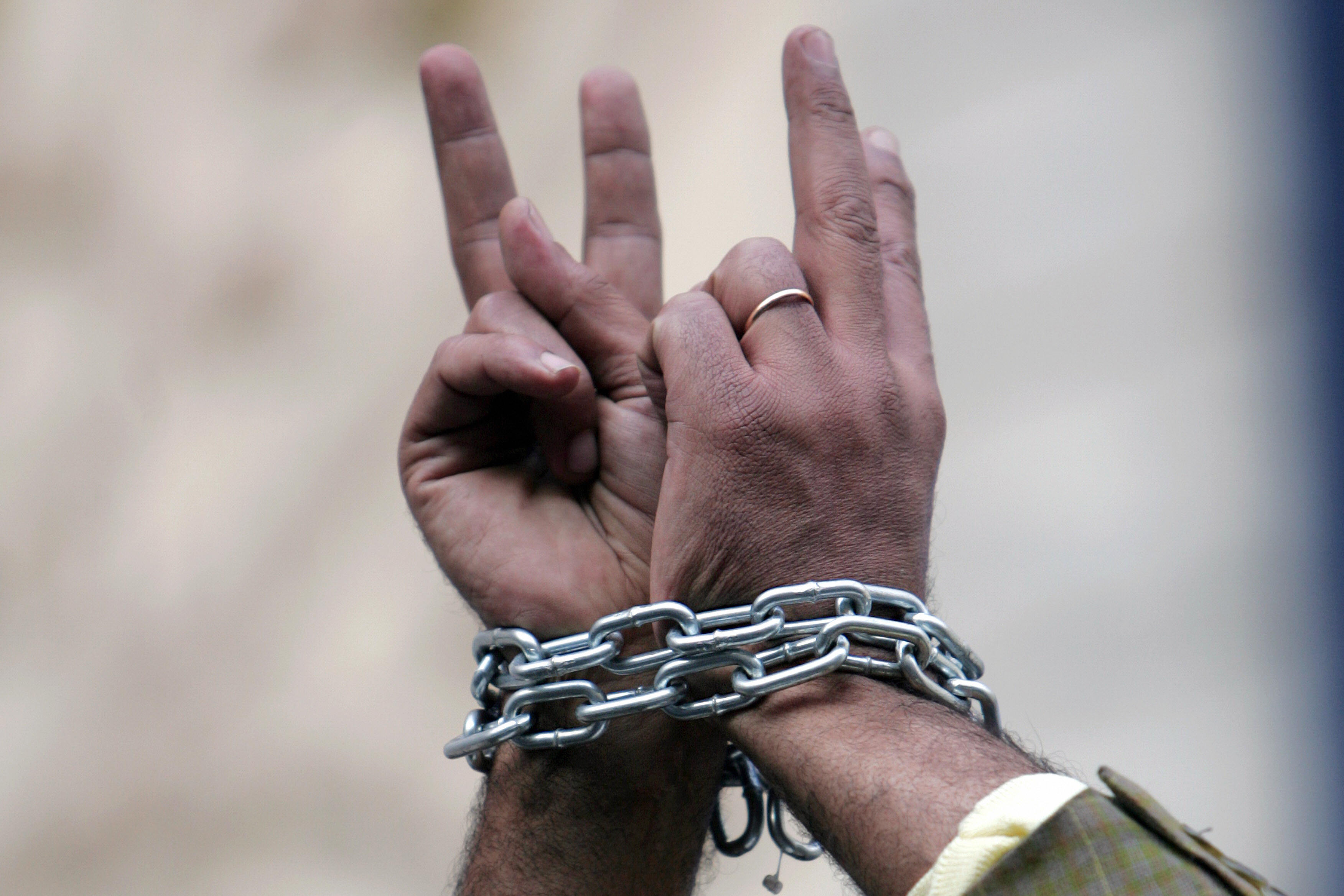
Children living in the ruins of destroyed houses in Luanda, Angola.
Angola is experiencing a major revitalization as it slowly recovers from a devastating 27 year civil war that finally ended in 2002. The Africa Cup of Nations kicked off (sorry for the soccer pun) this week: a biennial continent-wide tournament, and this year a rousing prelude to the World Cup occurring in June in South Africa. Angola is also one of the world’s top twenty crude oil exporters and a member of OPEC. This revenue stream elevates Angola’s stature as a major economic player both globally and in the region, as nations compete for Angolan oil exports.
These resulting economic ties also create political relationships. Stay with me, I am getting to my point, I promise. Angola ranks sixth in the list of countries importing oil into the United States. This means the US relies on Angola and Angola relies on the US. Thus each is in the position to influence the other on a whole host of issues. And so we have arrived: Angola is up in February for its turn under the United Nation’s Universal Periodic Review (UN-UPR).
The UN-UPR is a process by which each member state’s human rights record is scrutinized by it’s peers. All member nations are subject to this review every four years, during which time other nations and non-governmental organizations (NGO’s) can raise concerns, ask questions and make recommendations on how to improve human rights conditions. One of the concerns about the process, which has already played out during other state’s reviews, is peer nations won’t really raise the tough issues. Rather they lob soft balls (or maybe soccer balls?) for fear of damaging economic relationships or labeling as a hypocrit because of the peer nation’s own human rights record.
But it is the duty and responsibility of UN member states to hold each other accountable, and it is our onus as global citizens to make sure our governments step up to the plate. So we are calling on the US State Department to not go easy on Angola because we want it’s oil exports. Instead, we are demanding the US help ensure human rights are imported into Angola via the UPR process.
There are three major areas we call on Secretary Clinton to raise during the UPR process: forced evictions, the safety of human rights defenders and protections of freedom of expression and association. These are all areas of serious concern in Angola; people are rendered homeless for political and/or economic gain, human rights defenders experience repression and beatings as they work to hold the government accountable and journalists and citizens are imprisoned for speaking out and demanding positive change.
So stand up as a global citizen and encourage all UN member nations to not give Angola an easy pass under the UN-UPR next month and tell Secretary Clinton that the US must do it’s part! Economics is supply and demand. Instead of only demanding oil come out of Angola, let’s supply the tools to encourage human rights to come in!



